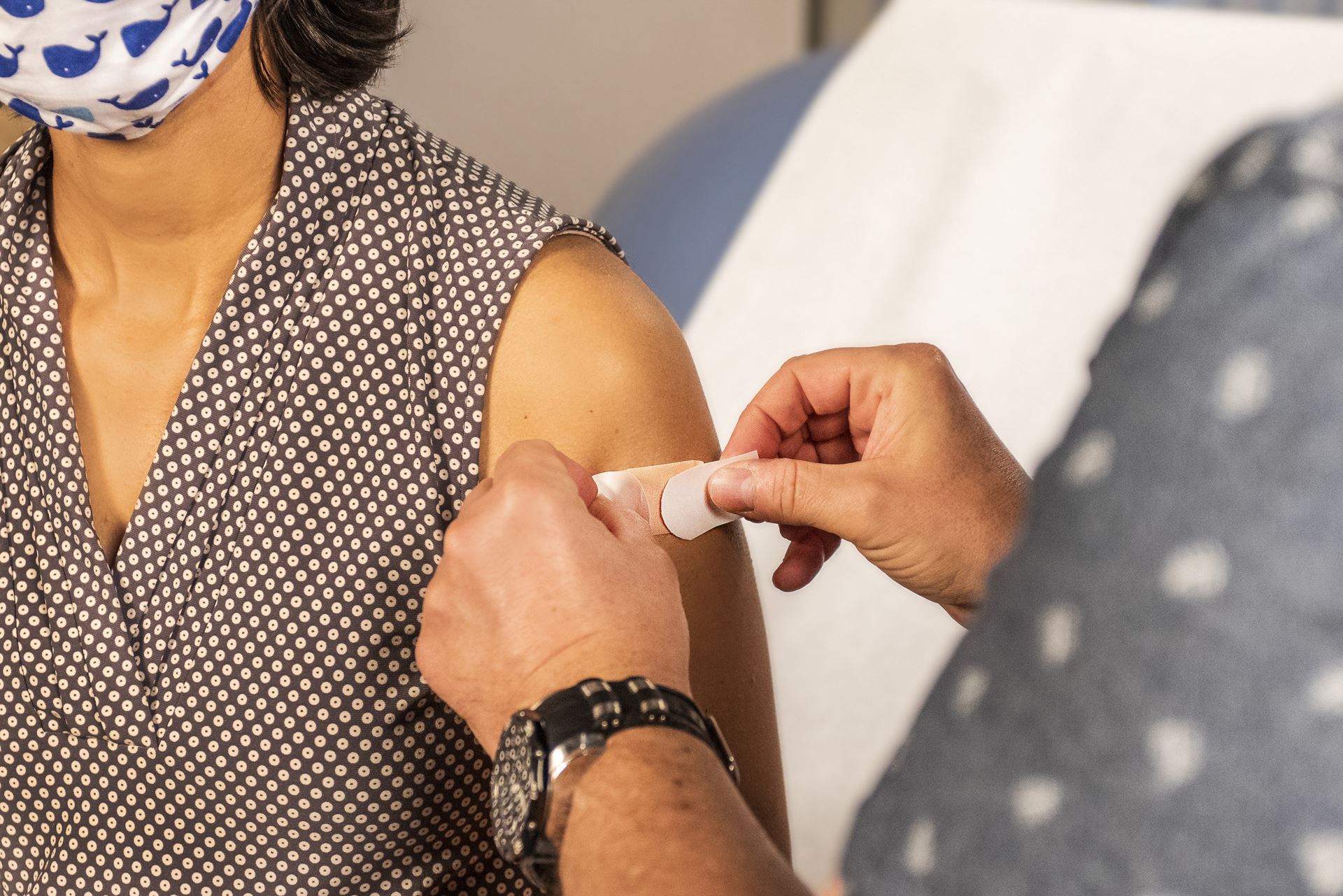Pneumococcal Vaccine
How Do I Get A Pneumococcal Vaccine?
NHS Lothian will contact you when you are eligible to be immunised, however, delivery of Covid and Flu vaccines are being prioritised. You can get the vaccine at any time of the year. If you have not been invited for a vaccine by the end of March 2023, and think you should have, please contact the NHS Lothian vaccination helpline on 0300 790 6296 or email them at: loth.covidvaccenquiries@nhslothian.scot.nhs.uk (Please note, although the email address includes 'covid' this is for all vaccination enquiries at present).
The pneumococcal vaccine is available in Scotland for all people aged 65 years and over and those under 65 who fall into a risk group or have a serious medical condition. If you have not been invited for a vaccine by the end of March 2023, and think you should have, please get in touch.
Who is Eligible for a Pneumococcal Vaccine?
People who are aged 65 and over, and those under 65 who fall into a risk group or have a serious medical condition, will receive an invitation from the NHS to attend an appointment for their penumococcal vaccine.
Risk groups include the following:
- problems with the spleen (removed or doesn't work properly)
- chronic respiratory diseases, including COPD, chronic bronchitis, and emphysema
- serious heart conditions
- severe kidney disease
- long-term liver disease
- diabetes that requires medication
- lowered immunity due to disease or treatment, such as people with HIV, people receiving chemotherapy for cancer, or people who are on long-term oral steroids for conditions such as asthma
- cochlear implants (a specific hearing device)
- cerebrospinal fluid leaks
- if your job involves exposure to metal fumes (for example, if you are a welder)

Why Should I Get the Vaccine?
The pneumococcal vaccine provides some protection against the illnesses that can be caused by pneumococcal bacteria. It can cause serious illnesses, such as pneumonia, bacterial meningitis, and other conditions such as severe ear infections.
Some adults carry pneumococcal bacteria in the back of their nose and throat and can pass them around by coughing, sneezing, and close contact. Usually, this doesn’t result in serious illness but it can lead to pneumococcal infection, including pneumococcal meningitis.
People aged 65 or over, and adults with certain health conditions, have a higher chance of becoming unwell with pneumococcal infection. People aged 65 or over are more likely to suffer serious long-term health problems from pneumococcal infection, and can even die.
Page created: 04 September 2020
